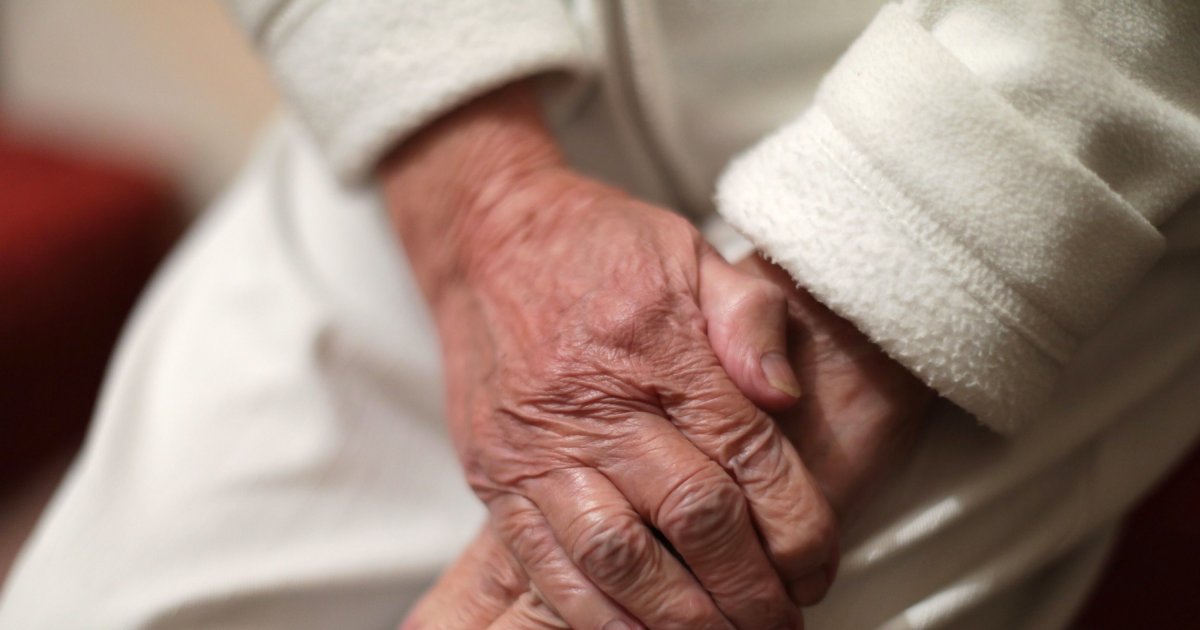Delaware Enacts Assisted Suicide Law

Delaware has legalized physician-assisted suicide for terminally ill patients, marking the end of nearly a decade of debate on the issue. Governor Matt Meyer, a Democrat, signed the End-of-Life Options Act into law, emphasizing that it is about “compassion, dignity, and respect for personal choice.” The Act, set to take effect next year, allows mentally capable adults diagnosed with a terminal illness and given six months or less to live to request a prescription to self-administer medication to end their lives.
Meyer stated that the signing aims to relieve suffering and provide families with the comfort of knowing their loved ones can pass on their own terms, without unnecessary pain, surrounded by loved ones. Delaware now joins 10 other states and Washington, D.C., in permitting medical aid in dying.
The governor highlighted that end-of-life decisions belong to patients, not politicians, underscoring the law's foundation in compassion and dignity for those facing unimaginable suffering. He expressed pride in signing HB 140 into law after years of debate.
Several other countries, including Canada, Germany, Switzerland, and the Netherlands, have also legalized similar practices often referred to as death with dignity.
The Delaware Legislature narrowly rejected the measure last year, but Meyer pushed for it this session, and it passed last month.
Under the new law, sponsored by Democrat state Rep. Eric Morrison, patients considering assisted suicide must be presented with other options for end-of-life care, including comfort care, palliative care, hospice, and pain control. The bill requires two waiting periods and a second medical opinion on a patient’s prognoses before they can obtain a prescription for lethal medication.
State Senate Majority Leader Bryan Townsend, a Democrat, said the law “is about honoring the autonomy and humanity of those facing unimaginable suffering from terminal illness.” He added that the legislation exists due to the courage of patients, family members, and advocates who have shared deeply personal stories of love, loss, and suffering.







